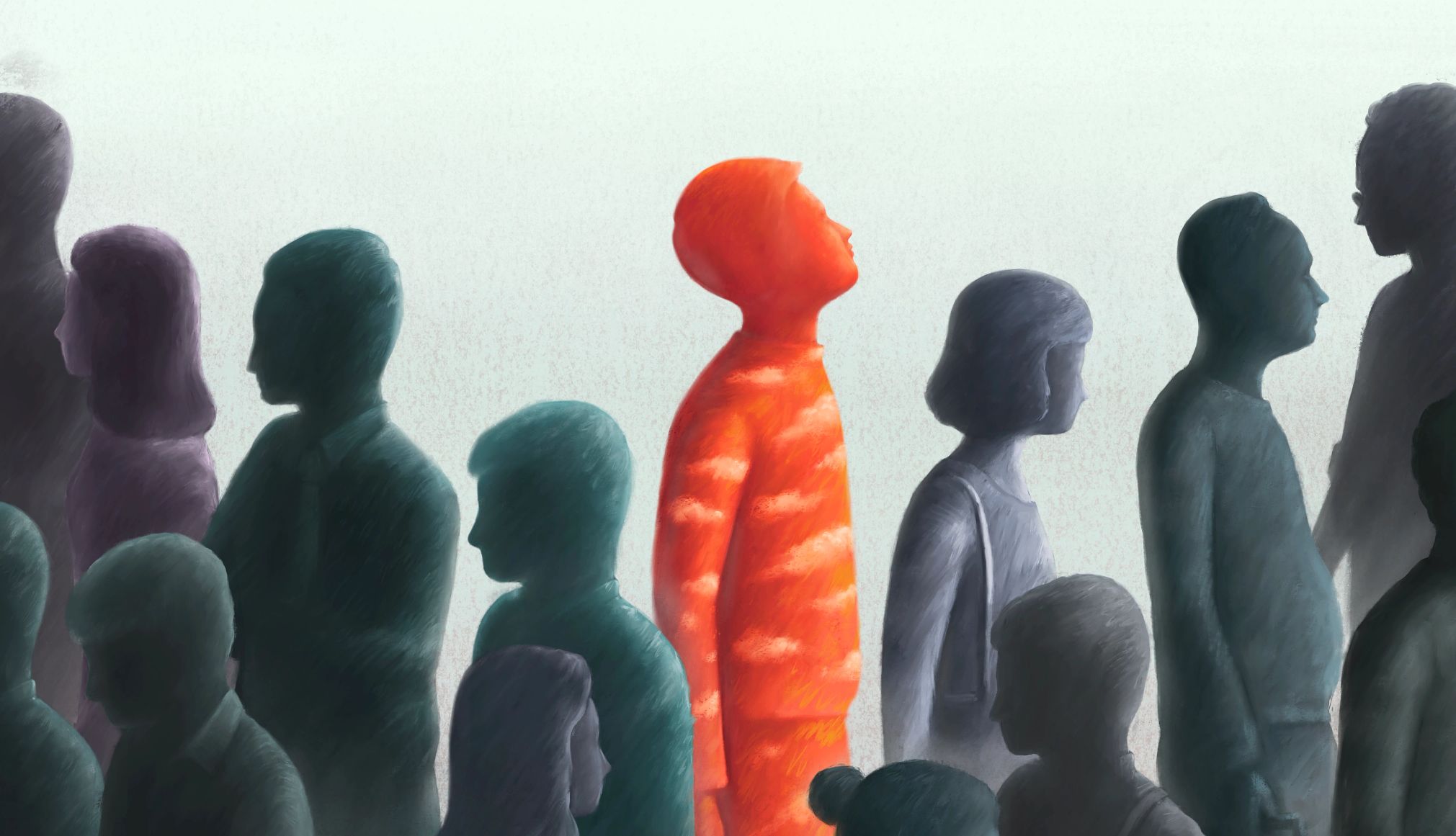AARP Hearing Center
Age discrimination remains common as older adults continue to work later in life. According to a survey from AARP Research, 64 percent of workers 50 and up say older adults face age discrimination in the workplace. Experts on career counseling and age discrimination picked seven telltale signs to watch for.
1. Older workers are fired or offered buyouts, and younger ones are hired.
The most common term for this is “culture fit.” What it often really means is that a company might prefer to hire younger workers who may be less expensive and are about the same age with the same mindset as the rest of the staff, says Karen Southall Watts, a career coach in Vancouver, Canada. “When a company hires 30 versions of the same person over and over again, I find this a big red flag.”
2. You are reassigned to unpleasant duties.
Job reassignment can be the clearest sign that an employer is trying to replace you or get you to quit, says Suzanne Lucas, a human resources expert who blogs about the workplace at EvilHRLady.org. How to avoid this? “As you get older, what you need to be careful about is to be continually growing and improving on the job,” she says.
3. You hear tacky comments about your age.
If your boss has asked you, even in a friendly way, “Say, when are you going to retire?” — that’s a strong sign that it’s on the boss’s mind, says Laurie McCann, a former senior attorney at AARP Foundation Litigation. Prepare a savvy response that protects you and your job, advises Jane Rasmussen, an employment law attorney in Fairfax, Virginia. Be clear if you have no plans to retire soon and intend to work there for a long time. If you can grab a friendly coworker to witness the conversation, that can be helpful in case the issue evolves into a lawsuit. Send an email to your boss that summarizes the conversation the two of you had about your “retirement” and remind the boss you have no such plans.
Other comments could range from remarks about a recent birthday you celebrated to a skill you may lack with newer technologies. Regardless of what was said or how it may have been meant, be sure to document the experience and who else was there in case you need evidence for human resources or a possible lawsuit.
4. You stop getting raises.
This can be tricky, McCann says. If your younger coworker who had a stellar year gets a raise, but you had a so-so year and did not get one, that is not age discrimination, she says. But if you had a good year and still get coal in your stocking instead of a raise, that may be discrimination — unless you’re already at the top of the pay scale.
































































